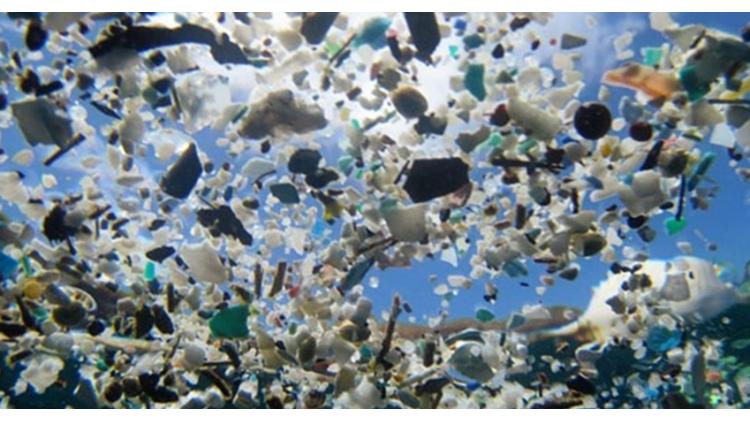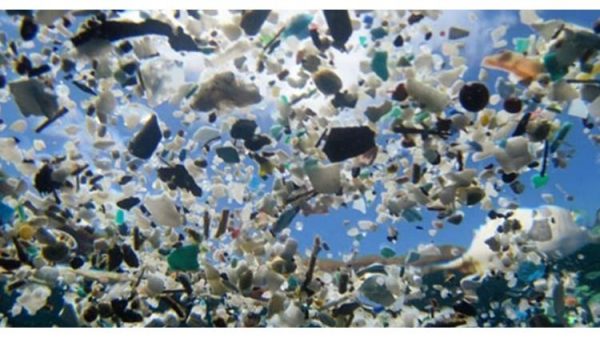
04 Jan Could Seaweed Save the Ocean from Plastic?
Remember the 21-year-old, disaffected hero who starred in the blockbuster film “The Graduate”? Ben was portrayed as smart but aimless, so a well-meaning friend of the family suggested there was a great future in plastics. What was true in 1967 now lands squarely in the department of be careful what you wish for. However, we resolved to publish as much good news in the New Year as possible. The following story by Olivia Rosane for EcoWatch talks about a seaweed-eating microbe that can be made into plastic, a discovery that could help mitigate what has evolved into a global crisis.

The use of traditional plastics poses a major threat to the world’s oceans: If current trends continue, plastics will outnumber fish by 2050. But the oceans might also contain the solution to this massive problem, researchers at Tel Aviv University (TAU) have discovered.
That solution comes in the form of a microorganism that feeds on seaweed, which researchers have used to create a biodegradable polymer.
“Plastic from fossil sources is one of the most polluting factors in the oceans,” Dr. Alexander Golberg of TAU’s Porter School of Environmental and Earth Sciences said in a university press release published by Phys.org Monday. “We have proved it is possible to produce bioplastic completely based on marine resources in a process that is friendly both to the environment and to its residents.”
The invention was a collaboration between Goldberg and Professor Michael Gozin of TAU’s School of Chemistry, who detailed their findings in the January issue of Bioresource Technology.
Other researchers have developed biodegradable alternatives to petroleum-based plastic, but they all require land and fresh water to grow the plants used to make the alternative plastics, Goldberg explained. The innovation of the Tel Aviv researchers was to develop a process that could be completed in sea water, an important development for land-and-water-scarce countries like Israel.
“There are already factories that produce this type of bioplastic in commercial quantities, but they use plants that require agricultural land and fresh water. The process we propose will enable countries with a shortage of fresh water, such as Israel, China and India, to switch from petroleum-derived plastics to biodegradable plastics,” Goldberg said.
The spokesperson at the Israeli Embassy in New Delhi Avigail C. J. Spira celebrated the discovery on Twitter…


Sorry, the comment form is closed at this time.